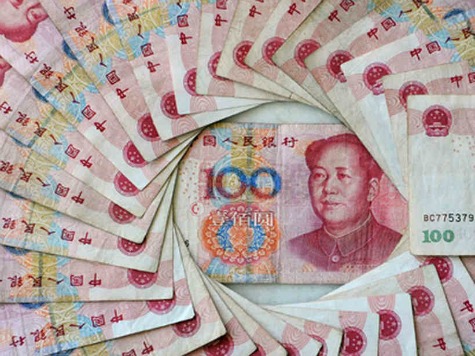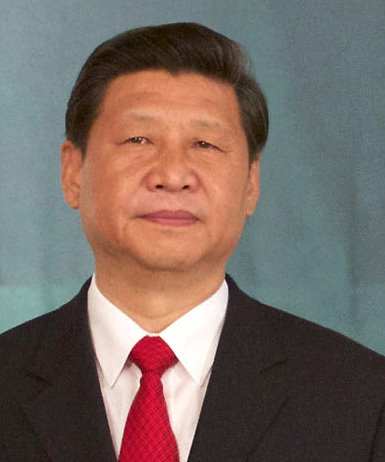The Changing Face of the Chinese Economy

The latest problems show a distinct issue with the way banks are being handled in the country. A few weeks back, this became all too evident when interest rates shot up. Banks prefer to lend amongst themselves, which is proving to be inefficient and bolstering corruption. Banks that aren’t doing well are being kept afloat in a sort of buddy system. Officials with interest in certain programs are keeping those programs funded, regardless of whether they are profitable or not. The entire system has turned into an old-boys club and major sectors of the economy, particularly those involving small businesses, are being left to fester. Thus, a top-heavy system is evolving and causing a variety of problems. In addition, problems with inefficiency and corruption within banks have become such an issue that some have even begun to speak out against these institutions publically and, perhaps more importantly, without being censored.
So who is going to solve all of these problems and get
One of Xi’s biggest allies is the economic mastermind by the name of Liu He. He is a man that is strongly in favor of moving ahead quickly and making dramatic changes to the economic system to keep
Many solutions are being put forth and debated right now. Some of the suggestions include reducing state controls on energy and natural resources, thus creating more competition, along with letting the market determine interest rates, removing prohibitions on rural citizens becoming urban citizens, and letting private companies make small investments into state-run enterprises while still keeping them in the hands of the Communist Party.

Those against a stronger free market have their own arguments, however. Supporters of the party believe that too much free market will compromise the party’s control over the country. Private businesses have become more powerful in recent years and have been challenging the government on certain issues, creating a power struggle that is new to
The economic transformation is further exacerbated by other issues. Corruption within the political system means that an expansion of the free market into state-run industries will compromise the power and wealth of politicians that have been taking advantage of these industries as side-line paychecks. Thus, party members will resist change out of self-interest. An entire power structure will have to be undermined in order to create a new one and those who stand to lose are not going to go quietly. On the other side, private companies are becoming known for being just as corrupt, which gives yet another reason to resist change.
The entire thing is coming to head very soon, as this fall the Communist Party Central Committee will be coming together in a meeting that is focused squarely on the economy. Xi and Liu are currently in the middle of creating a myriad of proposals to bring to the table, no doubt hoping to get at least a few through the voting process. If
Chinese Yuan courtesy of breitbart.com
Xi Jinping courtesy of Angelica Rivera de Pena via Wikicommons

0 comments